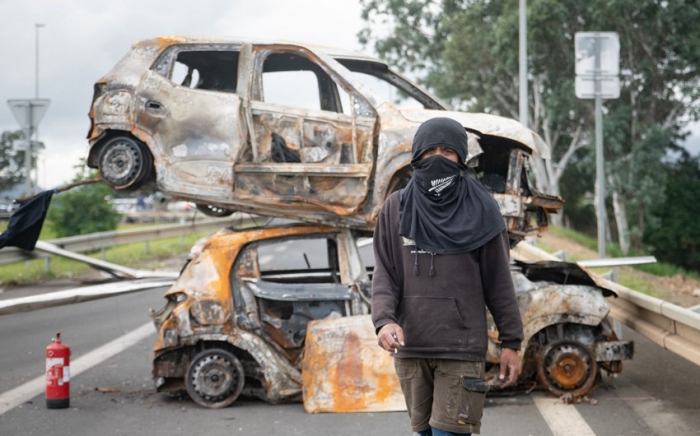AzVision.az presents this article:
Representing France on the international footballing stage, Christian Karembeu, an indefatigable midfielder who was part of the team that won the World Cup in 1998, chose not to sing the Marseillaise before matches. When asked to explain, he blamed France’s colonial abuses in his homeland, New Caledonia.
In 1931 France put on an exhibition to showcase different corners of its empire. It featured 100 Kanaks from New Caledonia in the Pacific. They had been stripped of their clothes and exhibited as dangerous cannibals in a zoo in the Bois de Boulogne in Paris, where they were forced to eat raw meat and perform “savage” dances.
One of them was Willy Karembeu, the footballer’s great-grandfather.
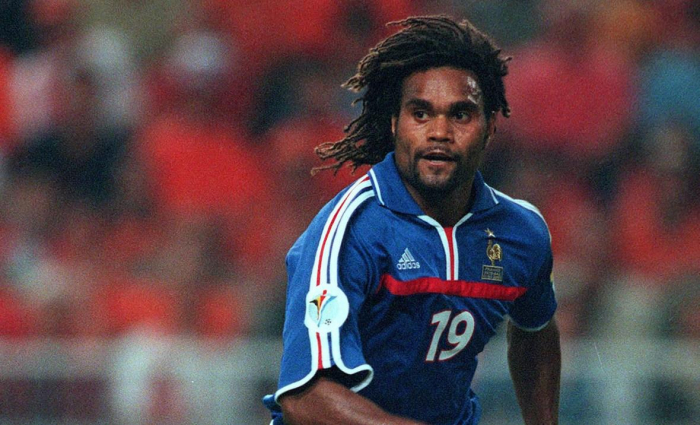
France’s history of colonial brutality weighs heavily on its politics today. The resentment and recrimination it has generated in New Caledonia, where seven people, including two policemen, have died in almost two weeks of civil unrest, has turned into one of the worst crises of President Macron’s presidency.
France has accused outsiders of playing on old colonial grievances to stir up dissent in the territory of 270,000 people spread over 140 islands: social media posts with the hashtag EndFrenchColonialism have been traced to Azerbaijan, a Russian ally, which is angry over French support for its enemy, Armenia.
Protesters in Nouméa, the capital of New Caledonia, have put up barricades, burnt cars and looted businesses. France has sent in thousands of police and soldiers to guard the airport and try to restore order.
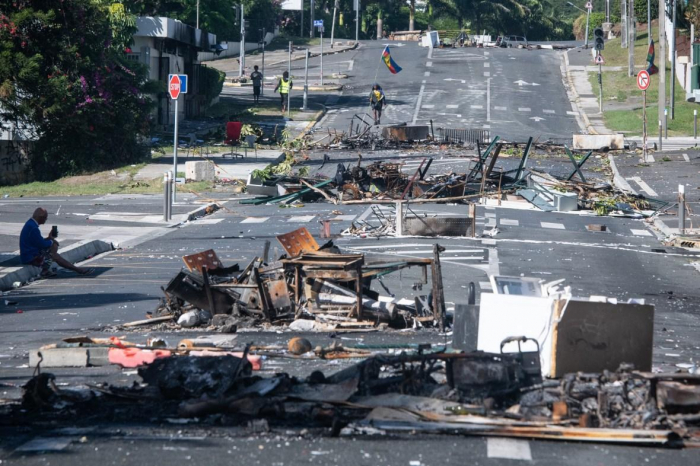
Another measure of French anxiety is that in the midst of preparations for European parliamentary elections and the Paris Olympics, and during a nationwide manhunt for an escaped convict, Macron took a 24-hour flight to the South Pacific archipelago 11,000 miles away and as far as one can travel from France while still being on French soil.
He had to fly by helicopter from the airport straight to police headquarters in Nouméa to avoid the barricades.
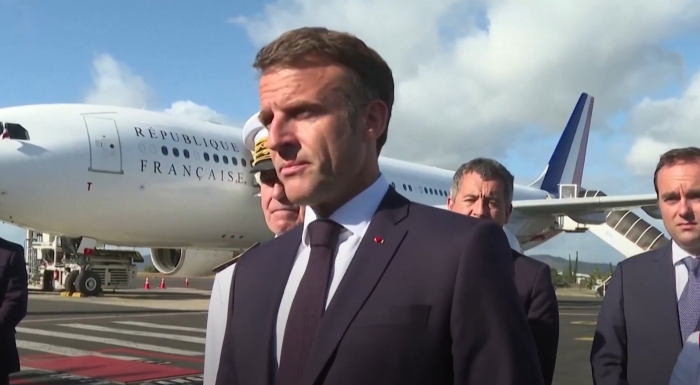
“New Caledonia is very important to us, it is a bulwark against China’s growing influence in the Indo-Pacific region,” a French diplomatic source said, explaining the visit. He noted that New Caledonia contains a quarter of the world’s supply of nickel, which is used to make batteries in hybrid vehicles as well as coins, armor plating and turbine blades.
Before returning home 12 hours later after meetings with French loyalists and independence supporters, Macron had agreed to delay a voting reform that would allow recent arrivals in the territory to vote. The expected reform by a special French congress of both houses of parliament in Versailles in the coming days had been a trigger for the violence.
The indigenous Kanak people, who make up 40 percent of the population – and who have the right to vote in French and European elections – feared that enfranchising newcomers would dilute the electoral weight of the territory’s first inhabitants and complicate their efforts to win independence. But the tension has not abated: “The Kanaks will never renounce independence,” Dominique Fochi, one of the pro-independence leaders, said. “We must be heard.”
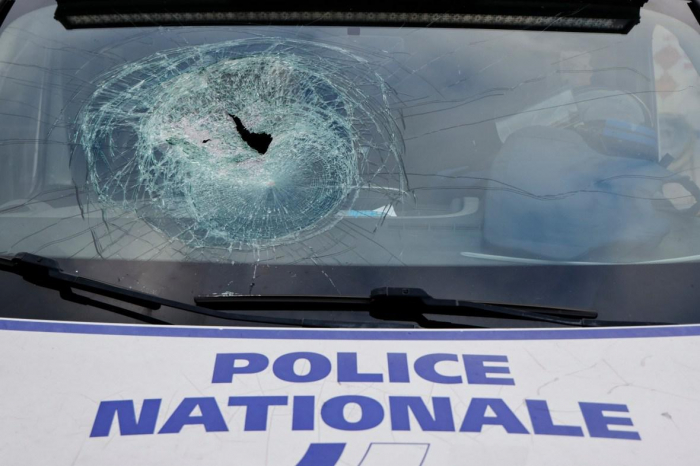
The roots of the conflict lie deep in history. Captain James Cook was the first to “discover” the islands, on his second epic voyage. The hills reminded him of Scotland so he called the territory New Caledonia.
For most of the early 19th century, though, the place attracted only whalers and slavers. Under a sinister practice known as “blackbirding”, Kanaks were kidnapped or lured into captivity. When an American ship made the mistake of landing on a New Caledonian island in 1849 the crew of several dozen was killed and eaten.
The French took possession in 1853 when Napoleon III claimed the territory as part of the empire then turned it into a penal colony. Tens of thousands of prisoners were sent to work in nickel mines and on plantations. Kanaks were corralled in reserves.
There followed a series of revolts. The leader of one, Great Chief Ataï, was beheaded in 1878 and his head returned to France as a “trophy” to be displayed in various museums. The skull was eventually returned to New Caledonia for burial in 2014 after haunting relations between Paris and Nouméa for decades.
By then the territory of 28 languages was in ferment: the Kanaks, claiming they were socially and economically marginalized, had taken up arms again under an organization known as FLNKS (National Kanak Socialist Liberation Front).
In 1984 Eloi Machoro, the “Che Guevara of the Pacific”, was shot by a police sniper: “You can kill the revolutionary but you can’t kill his ideas,” are the words engraved on his tombstone where people gather each year to remember. Four years later Kanak militants killed four gendarmes and held 27 hostages in a coral cave. The French military killed 19 during the rescue attempt.
An accord in 1998 to end this virtual civil war set out a 20-year timetable for transferring power from the French state, subject to a public consultation. But in 2018 voters rejected independence, with 56 percent voting “no”. Two years later the result was confirmed, albeit by a smaller margin. A third referendum, in 2021, was boycotted by pro-independence groups on the grounds that they were mourning their dead from the pandemic, leading to a 97 per cent victory for French loyalists.
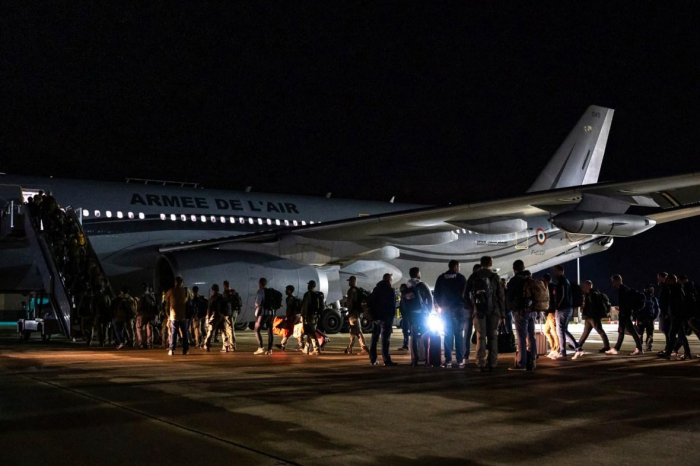
Today the territory is more deeply polarized than ever between Kanaks demanding another vote in the hope of leaving France’s embrace and white settlers, the caldoches, who wish to remain part of France.
“It’s a difficult situation,” said Nathalie Mrgudovic, a French specialist in the country’s overseas territories and a teacher at Aston University. “There is strong tension between the two groups, they do not mix much.” French people in the motherland, meanwhile, are largely indifferent, she said: “Most couldn’t care whether New Caledonia leaves France or not. It’s so far away.”
As for the footballer Karembeu’s ancestor, he and the other zoo “exhibits” in 1931 were sent later to Germany for a similar display in a zoological garden in exchange for a collection of crocodiles. The Kanaks were eventually allowed to return to their homeland.
Karembeu, born on the island of Lifou, grew up playing football barefoot in the streets before achieving stardom in Europe, where he played for Real Madrid, and also for Middlesbrough.
He is unable to ignore the fate of his great-grandfather: “My family, like many Kanak families, underwent horrible experiences,” he once said. “I can’t sing the French national anthem because I know the history of my people.”
AzVision.az
More about:








